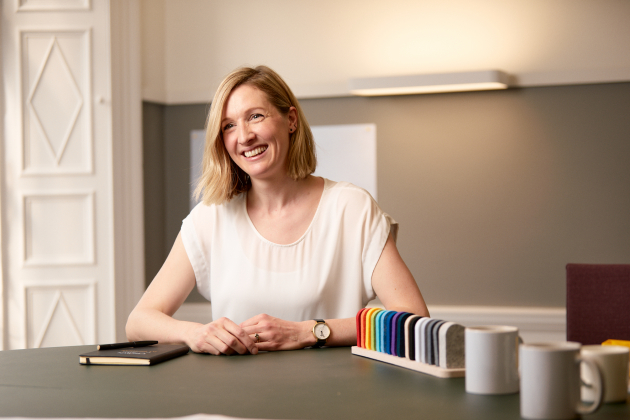Next Generation Conversations: Hannah Gay and Brian Reynolds, TP Bennett.
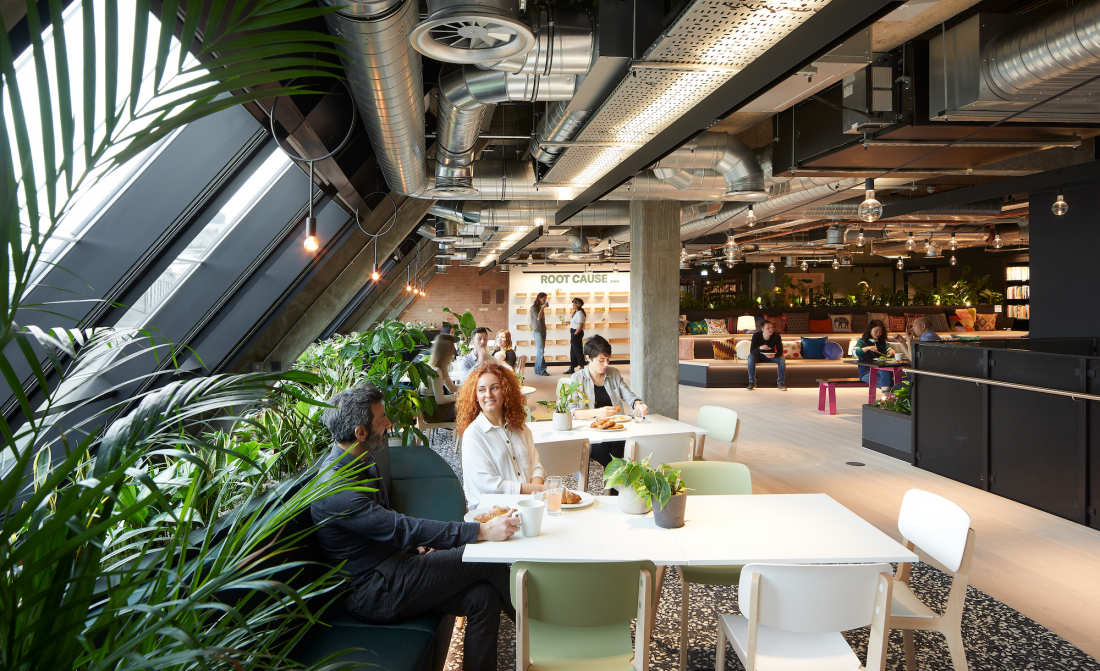
TP Bennett’s Hannah Gay and Brian Reynolds talk enthusiasm, emotional intelligence and empathy - as well as the alchemy in those start-of-the-process, scribbled sketches.
The next addition to our #NextGen series comes from two leading heads within one of the world’s largest design and architecture practices, TP Bennett. A multi-award-winning practice with an established global outreach, it calls upon a legion of different nationalities to shape its rich talent pool of industry professionals.
With our studio visitors at Material Source Studio rapidly on the rise, we have the regular pleasure of chatting to our community about their growing projects, mushrooming within this post Covid landscape across a wide variety of sectors. Hoping to supply a glimpse into the industry as well as a few useful pointers, Next Generation Conversations’ intention is to help the aspiring designers within our readership prepare for that pending milestone of coming into practice.
And so, who better to learn from than TP Bennett’s associate director of architecture, Hannah Gay and director of interiors, Brian Reynolds as we discuss what they’re looking for in the designers of tomorrow?
TP Bennett is described as an “inquisitive practice” that “seeks to challenge orthodoxy”, how can young graduates demonstrate that they are capable of just that?
“The best way that a graduate can demonstrate this is to include their raw design development work in their portfolios. Too often we see portfolios that jump straight from a brief into a resolved set of plans and visuals. This tells us noting about their approach to problem solving and design thinking.
“The scrappy sketches, models, and collages that they often edit out of their portfolios are the bits where the creative alchemy happens. That’s what we want to see – to get a better understanding of how their minds’ work”.
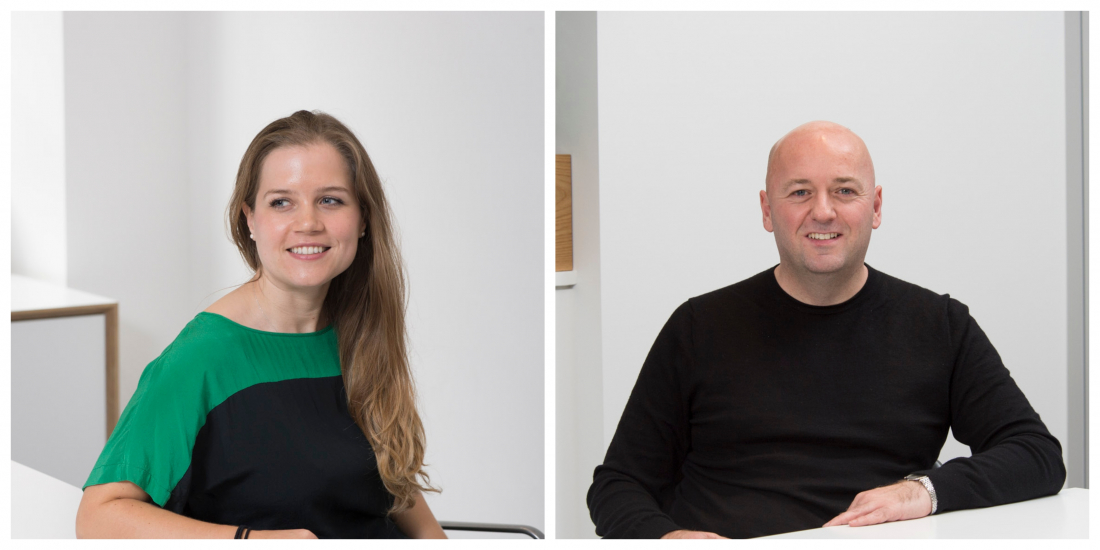
What is important to TP Bennett when looking at work experience and qualifications of potential newly graduated team members?
“It’s always great to find a graduate who has committed to gaining experience while studying as it says a great deal about how passionate and committed they are to a future in design.
“We find graduates who have worked with smaller practices have gained the broadest experience. They tend to be more hands on and confident about applying themselves to different areas of the design process. Otherwise, an interest in ‘extra-curricular’ (but related) activities, such as sketching or photography are great to see as they show a passion for the subject”.
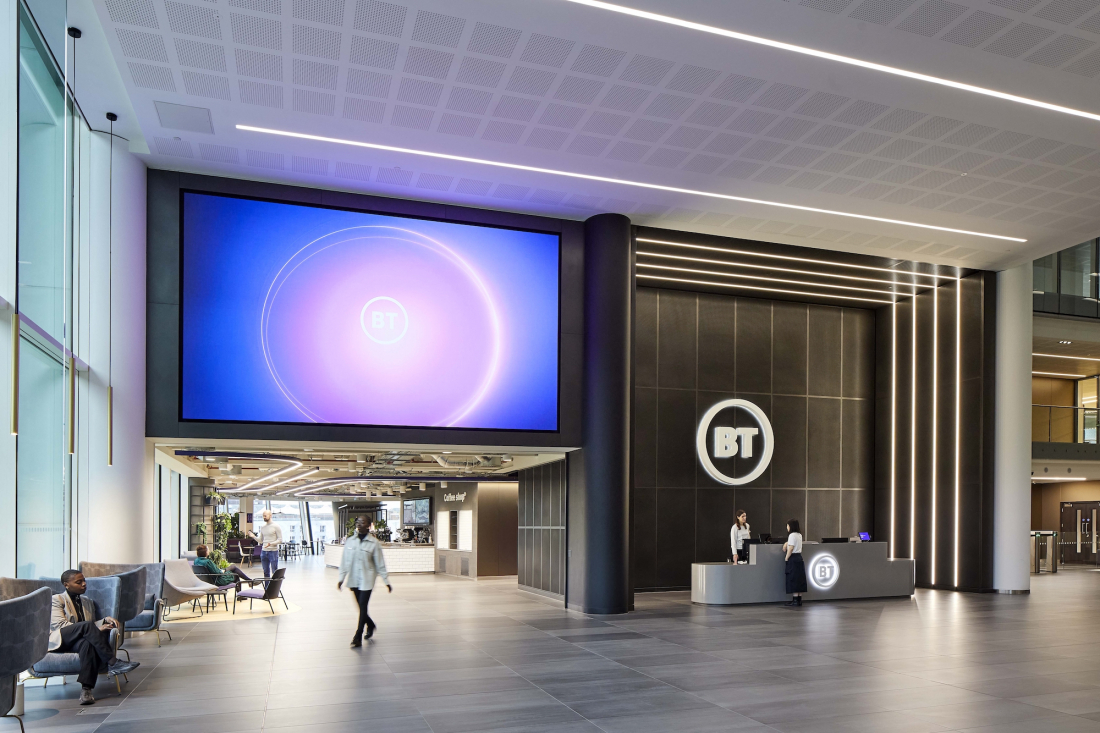
What key principles do you believe should be on a young designer’s radar when transforming space?
“The impact of a space on its users – and conversely the way in which users alter the space.
“A particular focus on wellbeing, neurodiversity and sustainability are critical foundations to designing successful spaces for the future. It is also important to consider the market that you are designing for; whether it’s a developer or the occupier, because they will have different requirements at design stage”.
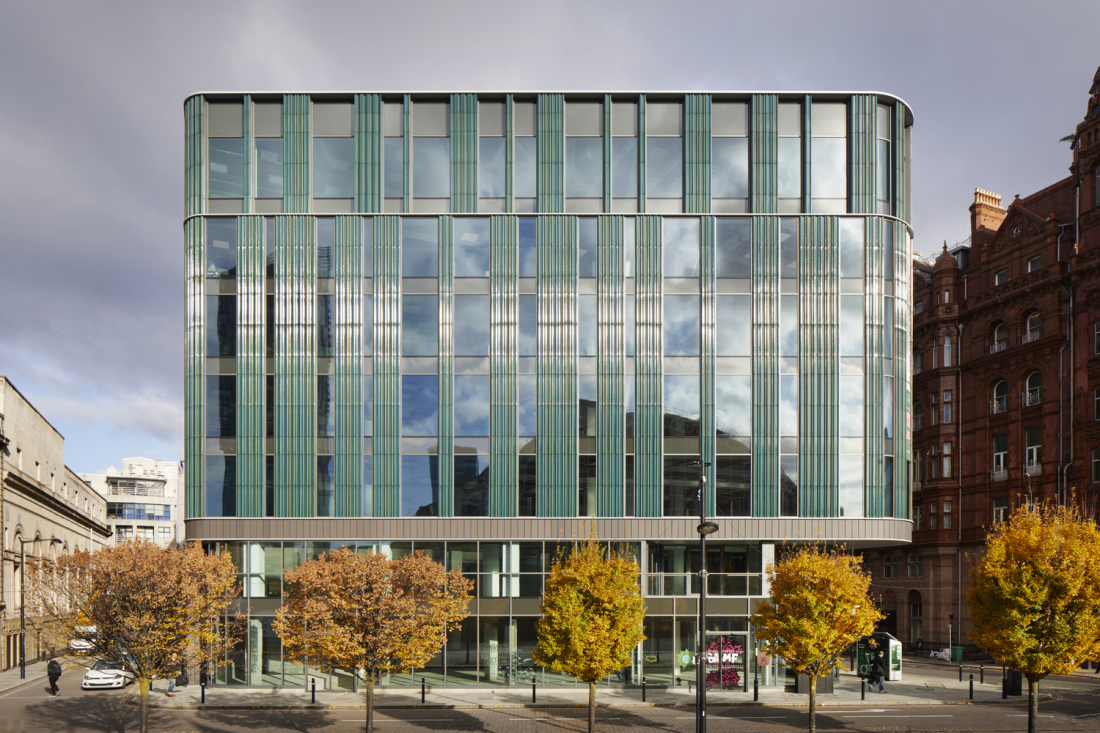
How important is an understanding of materials and why?
“It’s very important for designers to have a basic understanding of materials and the qualities and impact of their choices. But even more important to us that they are inquisitive about the development and application of materials and that they are interested in the impact materials can make on a space – both positively and negatively – not just in terms of aesthetic application but of the possibilities for materials to impact the sustainability and durability of spaces”.
What inspires you about the next generation of designers?
“The enthusiasm, emotional intelligence and empathy that we find in our junior designers is always inspiring.
“The next generation of designers knows it has an opportunity to make a difference to the lives of those who inhabit the spaces that we create. Current industry challenges such as the climate crisis and the need to improve diversity are so engrained into their mindsets that they are bringing new and exciting skills and viewpoints to the table. It is an exciting opportunity to change the industry for the better”.


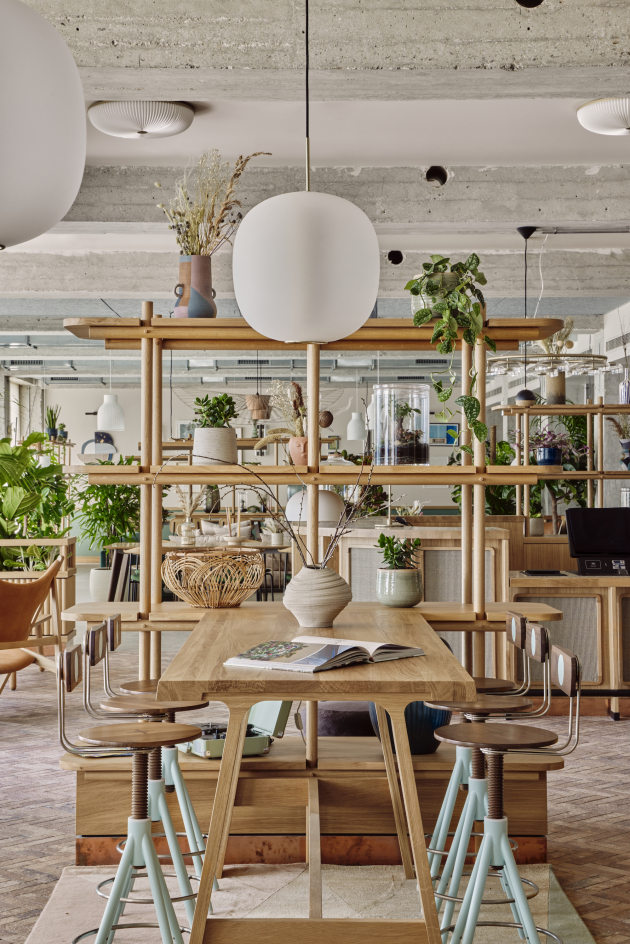
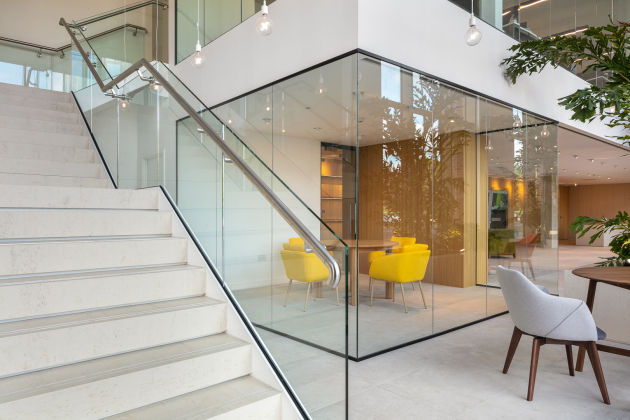
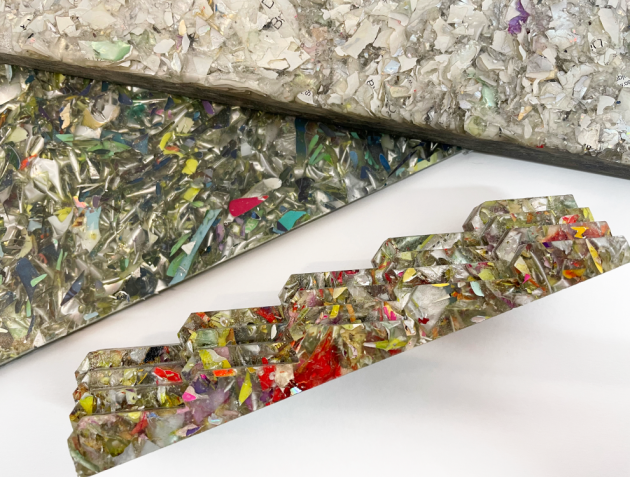
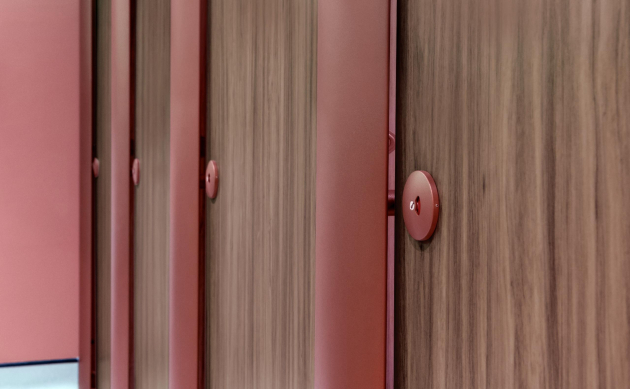
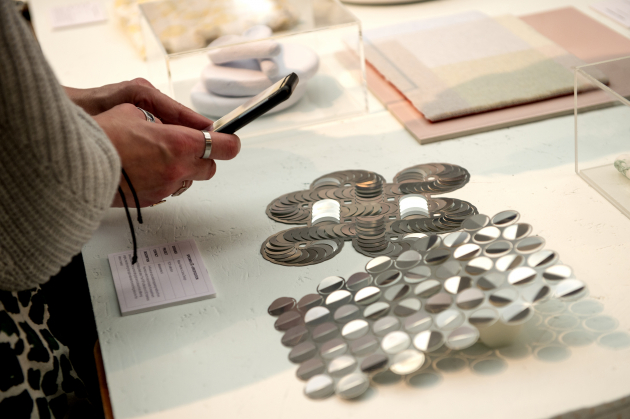
](https://www.materialsource.co.uk/uploads/articles/b4/b42ff6b93f242abc7632b25cb8268fd7776731b5_630.jpg)

